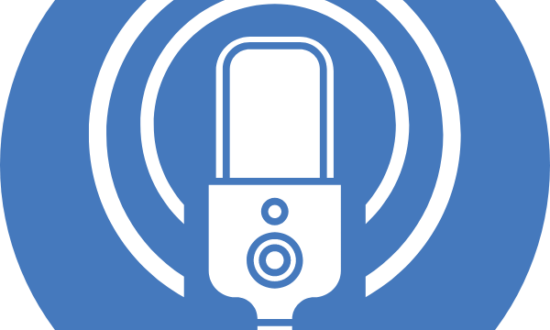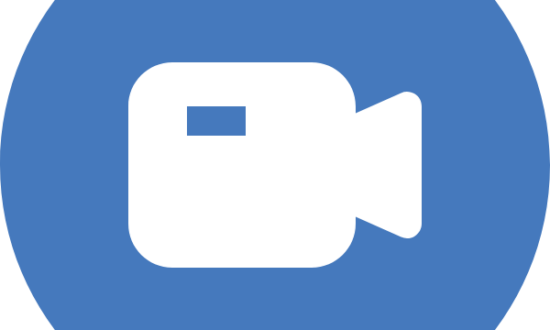Kellye Whitney is associate editorial director for Chief Learning Officer.
-
EAP Training Growing More Popular
It seems as if you can hardly take a deep breath these days without reading about corporate work-life balance initiatives or their similar sibling, the employee assistance program (EAP).
-
Leadership Deficiencies: Problems Often Start at Top
No leader wants to admit he or she is responsible for cultural or organizational problems, but often that’s exactly the case — organizations frequently reflect the character of the individual at the top.
-
Learning Alignment Still a Problem
Good vendors do research — how else can they provide the products and services CLOs need to build effective enterprise education? New research from Softscape, however, uncovered that a very real disconnect still exists between learning and HR.
-
Global Collaboration and Outsourced Learning
Modern, global business practices and interactions between employees and employers, as well as customers and the organizations that serve them, demand a concentrated focus on collaboration and cost-efficiency. The learning and development industry found a
-
The CLO’s Role in Talent Sustainability
The responsibilities corporate learning is expected to take on and the skill areas it must affect appear to grow daily, along with the CLO’s role. Talent management — specifically, talent sustainability, the ability to retain and leverage existing talent
-
Learning a Key Piece in Talent Management Process
CLOs in all industries know intuitively that learning and development is a key piece of the talent management process. It’s not quite as simple to convince other senior members of an organization’s leadership team. Take HR, for instance. Ideally, the HR d





